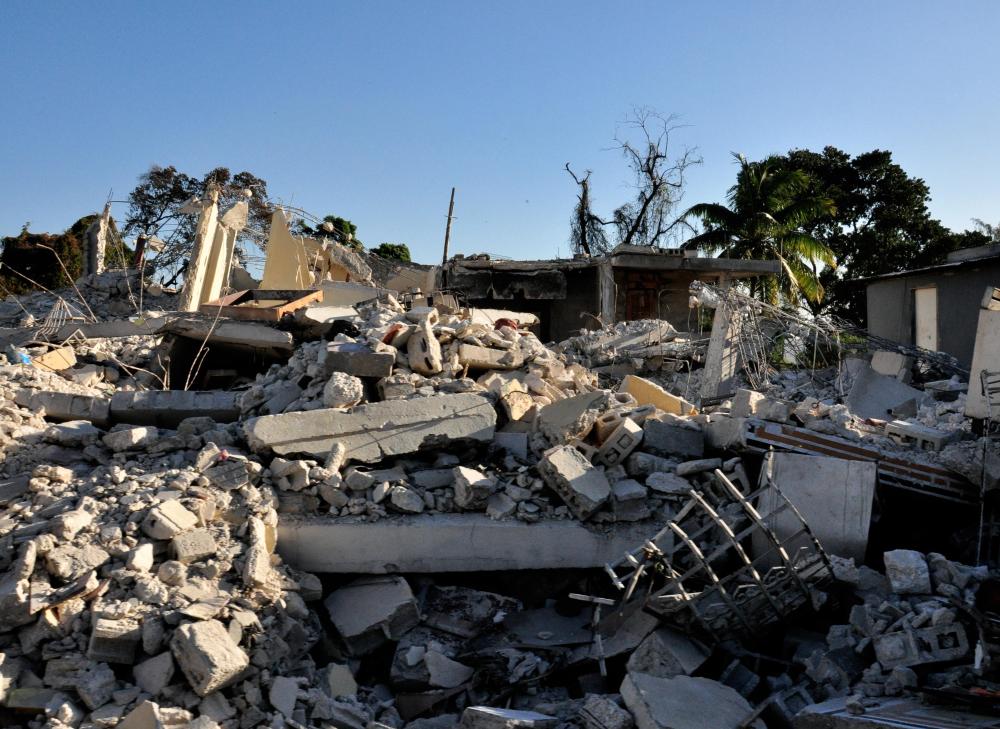At PracticalAdultInsights, we're committed to delivering accurate, trustworthy information. Our expert-authored content is rigorously fact-checked and sourced from credible authorities. Discover how we uphold the highest standards in providing you with reliable knowledge.
What is an Investigative Reporter?
Whenever you read a story in a newspaper or magazine that takes an in-depth look at an issue, it is usually the work of an investigative reporter. An investigative reporter often writes about events that involve corruption, issues of public interest, and local or world events.
The investigative reporter researches, interprets, and communicates the news. The story he or she is researching can take anything from weeks to months to research and write. With the investigative reporter, it is a case of going deeper, getting to the root of the story, and presenting it to the public. The investigative reporter will usually make sure to cover all angles and present the most comprehensive, unbiased view.

Accuracy and detail are very important aspects for the investigative reporter. This is because many of the stories he or she covers concern people's lives and may have consequences in the future. The details that the investigative reporter researches and then writes about must be 100% truthful, and sources must be thoroughly checked and rechecked.

Similarly, ethics is another important factor in this type of journalism. There are many stories printed every day by unethical writers. A printed story has the power to ruin people's lives and bring down governments. If the truth has been twisted to represent a particular point of view, it can leave people's lives irreparably damaged. If the true story emerges, then unethical reporting can also leave the writer with damaged credibility.

To some, the life of the investigative reporter seems like a very exciting career - full of travel to different countries, exposing corrupt governments, and being harassed by an editor who will give you 24 hours to cover a story. However, this scenario is more of a media myth, perpetuated by films. The real job can involve very long hours, painstaking research, and attending numerous meetings and interviews.

There is no doubt that good investigative reporters are responsible for bringing news to light that many people would rather leave uncovered. News reports on corrupt politicians and unethical businesses are in the public interest, but investigative reporters who report on this type of news are often threatened. Many who have gone too deeply into a story involving large amounts of money and corruption have ended up dead.

A good investigative reporter is prepared to take risks to get a story out that is in the public interest. Think of Woodward and Bernstein bringing down Nixon. War reporters risk their lives to reveal the truth behind the interpretation that the public are given by governments.
A good investigative reporter has a built-in sensor for a news lead. He or she should also be sensitive to people, unbiased, and open-minded. Competition in the field of journalism is fierce, but there are a wealth of media formats, such as television, radio, and print, in which a career can be found. A good starting place for a career in journalism is to take a course at a college or to apply for a writing job at a local newspaper. The trainee will start off small to gain experience, and the pay will not be great, but it can lead to one of the most rewarding and exciting careers.
AS FEATURED ON:
AS FEATURED ON:



















Discussion Comments
Drentel, You have hit on a good point. Investigative reporters do have more time to work through their stories, talk to more sources and research more information. I think the article did a good job of explaining what an investigative reporter does, but the term can be misleading.
In my first year of journalism school, I was told by a professor that all reporters are investigative reporters whether or not their titles say so. We are all expected to be fair, accurate and thorough; or at least we should be. So whether reporters are labeled as investigative reporters or general assignment reporters they are all working from the same handbook.
Many famous investigative reporters started as general assignment reporters, covering whatever stories needed to be covered, and meeting daily and weekly deadlines.
Anumandel - I agree all reporting should be fair and accurate. However, the article did say that the amount of time an investigative reporter spends on research can be months. Many daily general assignment newspaper and TV reporters have a matter of hours before they have to present the story.
The additional time also allows an investigative reporter to get more details.
The article says that investigative reporting should be fair, accurate and detailed. Isn't that true of all reporting?
Post your comments